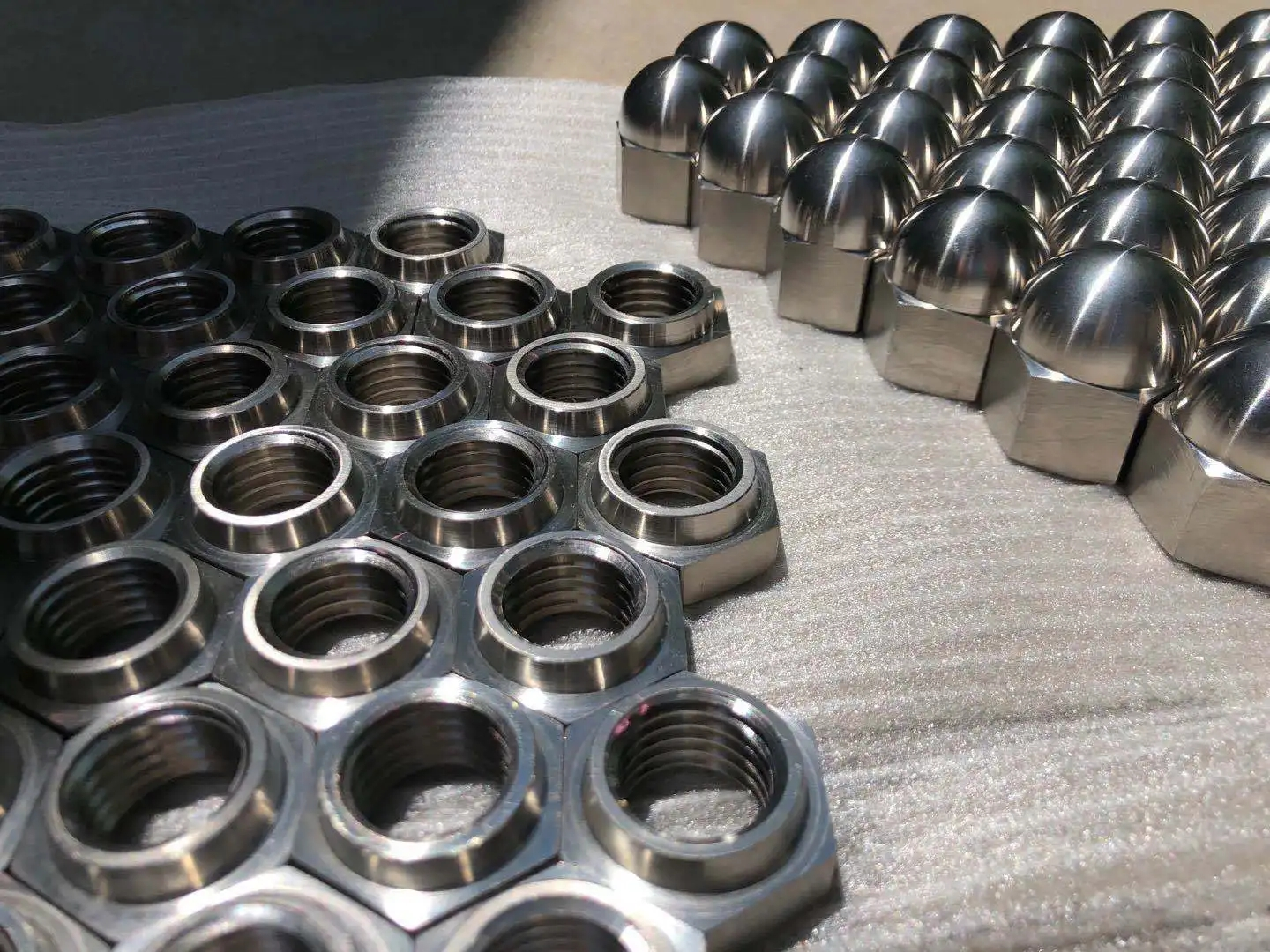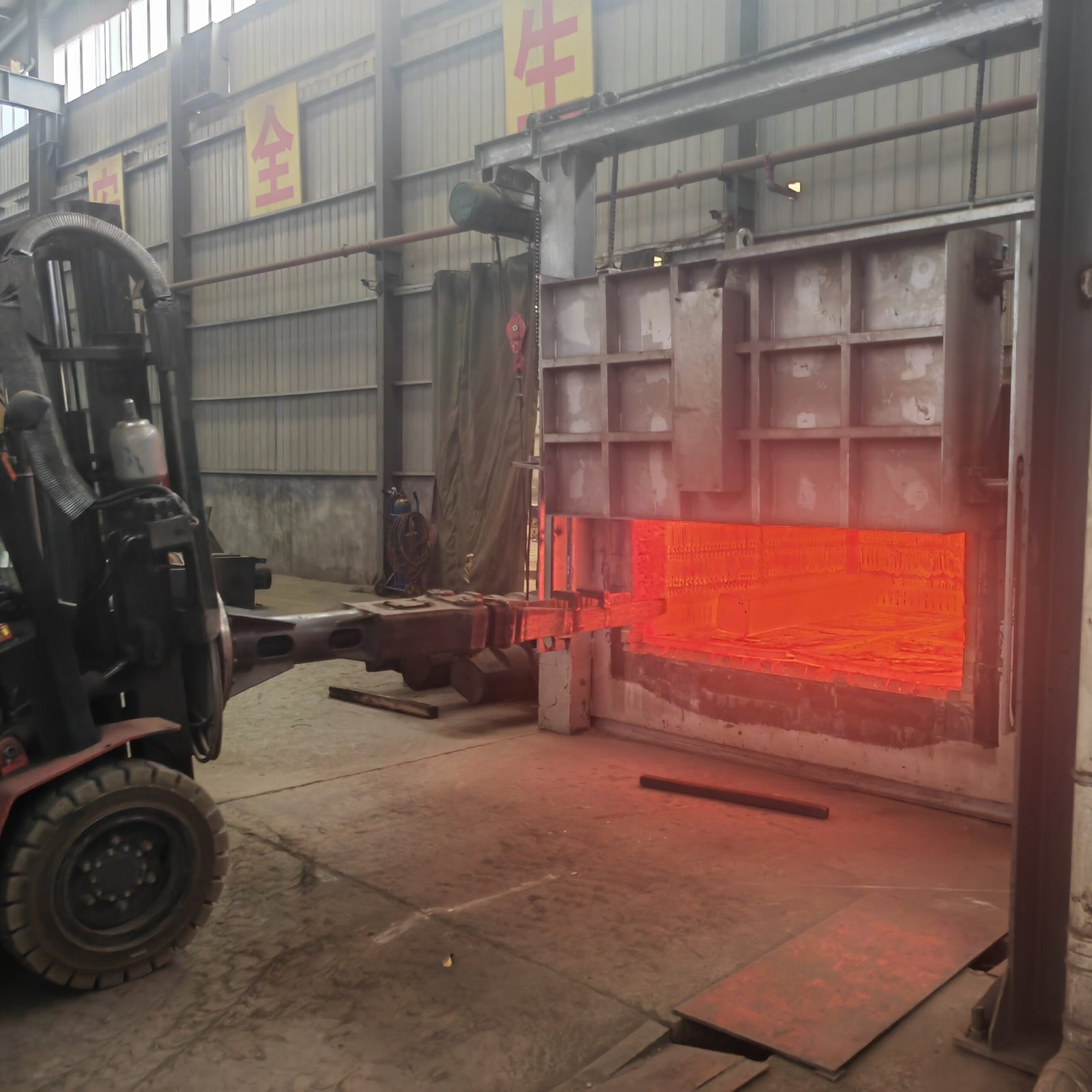Hello everyone, I’m Aria, an international sales representative at a titanium factory. Not long ago, a purchasing manager friend of mine complained to me:
"We need a few hundred titanium nuts, but in different specifications, and some even require special surface treatments. The order isn't large, but it's urgent. I've contacted several manufacturers, but they either have full schedules or don’t meet the minimum order quantity. It's really frustrating!"
To be honest, this situation is quite common in the titanium processing industry. Orders like titanium nuts often involve multiple specifications and custom surface treatments. However, the quantities are usually small.Manufacturers often find this troublesome. Production schedules must be adjusted, and equipment frequently switched. Resources are heavily used, and costs are not ideal. The purchasing side wants quick delivery. However, manufacturers are reluctant to take the order. This leaves both sides stuck in the middle.
So, is there a way to solve this problem? Today, let’s discuss the challenges of small batch, multi-spec orders, and how both buyers and manufacturers can collaborate to find better solutions.
Challenges of Small Batch, Multi-Spec Titanium Nut Procurement
You might think, "Titanium nuts? They're just small parts, right? They look simple, so it shouldn’t be that difficult to make them." But when it comes to small batch, multi-spec orders, you quickly realize that it’s not that easy. Take the specifications of the nuts, for example. Customers often require different diameters, thread types, and lengths, with each one needing a separate adjustment of the production equipment. Some orders have special requirements. These may include corrosion-resistant coatings, high precision, or a mirror-like smooth finish for surface treatment. These may seem like minor details, but they add up to significant time and cost. If not properly planned, the entire production process may need reworking. This can be a real headache.

Now, let's talk about the challenges these small batch orders pose for manufacturers. Although the order quantity is low, each type requires separate production arrangements. The equipment needs constant switching, which is a hassle. Imagine an order of titanium nuts that requires special coating treatments. The order quantity might be tiny, but the process remains the same. Starting up the equipment comes with costs, and the process itself takes time. Naturally, manufacturers aren’t keen on taking such orders.
Another common issue that gives purchasing managers a headache is the minimum order quantity (MOQ). Often, the customer only needs a few hundred nuts, but the factory’s MOQ could be in the thousands. If the manufacturer agrees to take the order, the customer still faces the challenge of handling excess inventory. In the end, the actual demand is small, but the customer ends up with a lot more stock than needed. Doesn’t this situation sound familiar?
What Kind of Factory Can Truly Meet the Demand?
Many manufacturers feel overwhelmed by multi-spec, small batch orders. This is especially true when the orders vary and the requirements are complex. So, how should they respond? The key lies in the flexibility of production scheduling. For example, some manufacturers will batch different specifications of titanium nuts together for the same production run. This not only reduces the frequency of equipment switching but also improves overall production efficiency. By doing so, they save time, reduce costs, and shorten delivery cycles.
However, relying on just one manufacturer may not always be enough to meet all the requirements. Some specialized processes, like surface coating treatments, typically can’t be handled by a single manufacturer. This is where collaboration between manufacturers becomes especially important.For example, if a batch of titanium nuts needs a special corrosion-resistant coating, the manufacturer may work with a company specializing in coating treatments. This ensures timely delivery while maintaining high-quality standards.
But that's not all. For small batch custom orders, some manufacturers offer a "fast track" service. This means that from order acceptance to production scheduling, it could take just a few days, greatly improving response time. Many titanium processing factories now use digital management tools, such as ERP systems. These help track production progress in real time.This helps reduce errors and delays in information transfer, ensuring a more efficient and accurate production process.
At this point, it should be clear that the ultimate key is the manufacturer’s ability to integrate resources. Without strong resource integration capabilities, even the best production plans won’t be able to handle complex custom demands. Small batch, multi-spec orders require more than just an efficient production process. They also need a high degree of flexibility and coordination between different processes and suppliers. These orders require a factory to have efficient internal production lines. They also need strong external partnerships with specialized suppliers. Only with this level of resource integration can manufacturers ensure that complex orders are completed on time and within budget. This also guarantees the right quality.
In short, meeting the demands of small batch, multi-spec orders goes beyond simply having the right equipment. It requires a strategic approach to managing production schedules. It also involves collaborating with external experts and leveraging digital tools for precision and efficiency. This is the foundation that allows manufacturers to provide tailored solutions for their customers, effectively solving the pain points of these types of orders.



